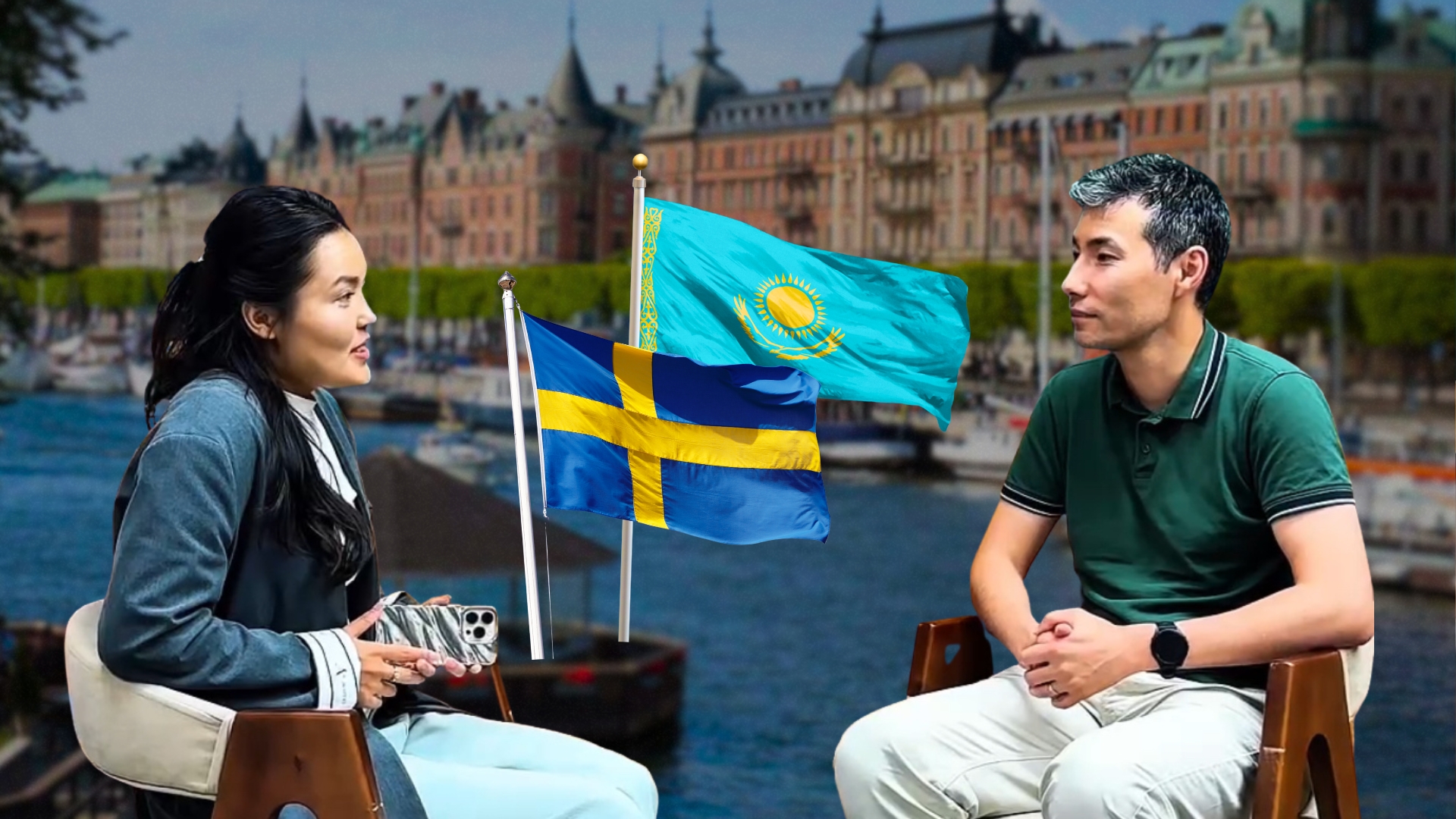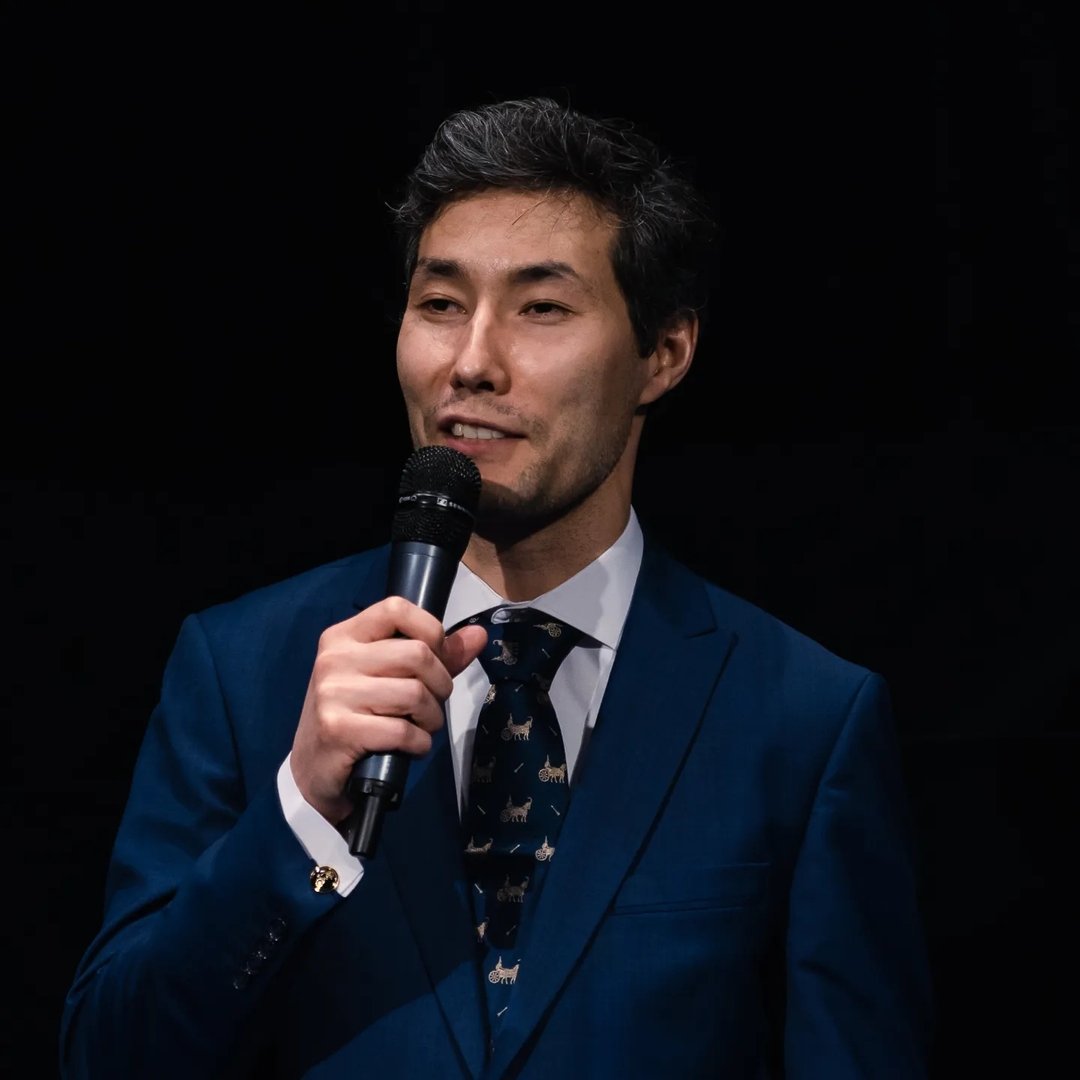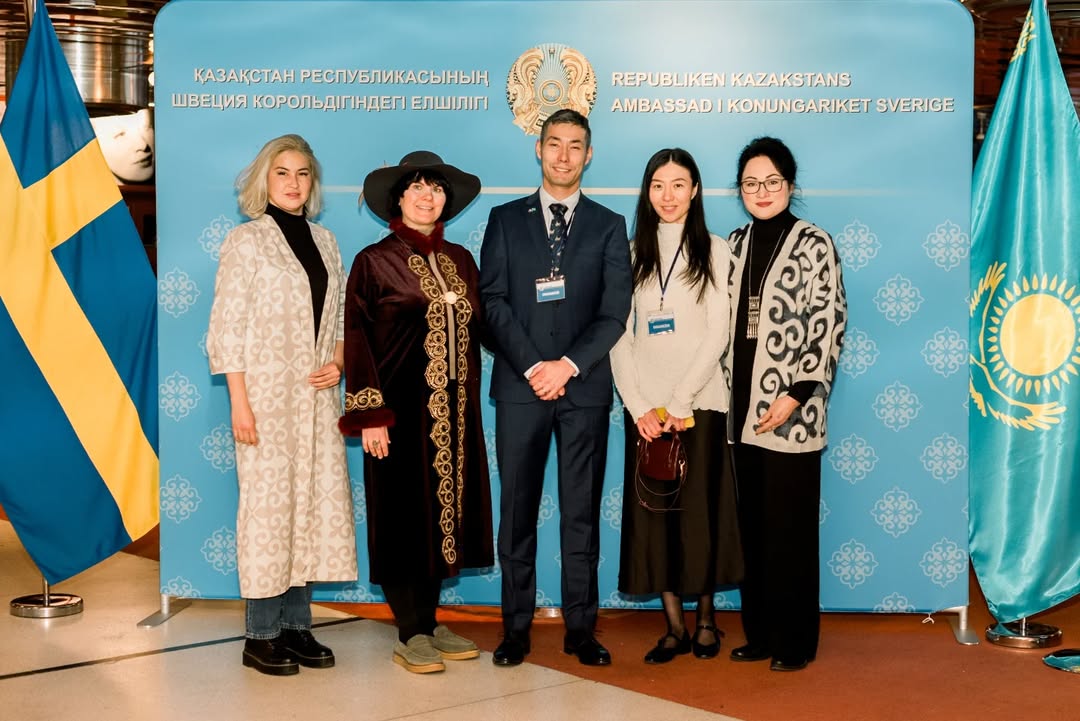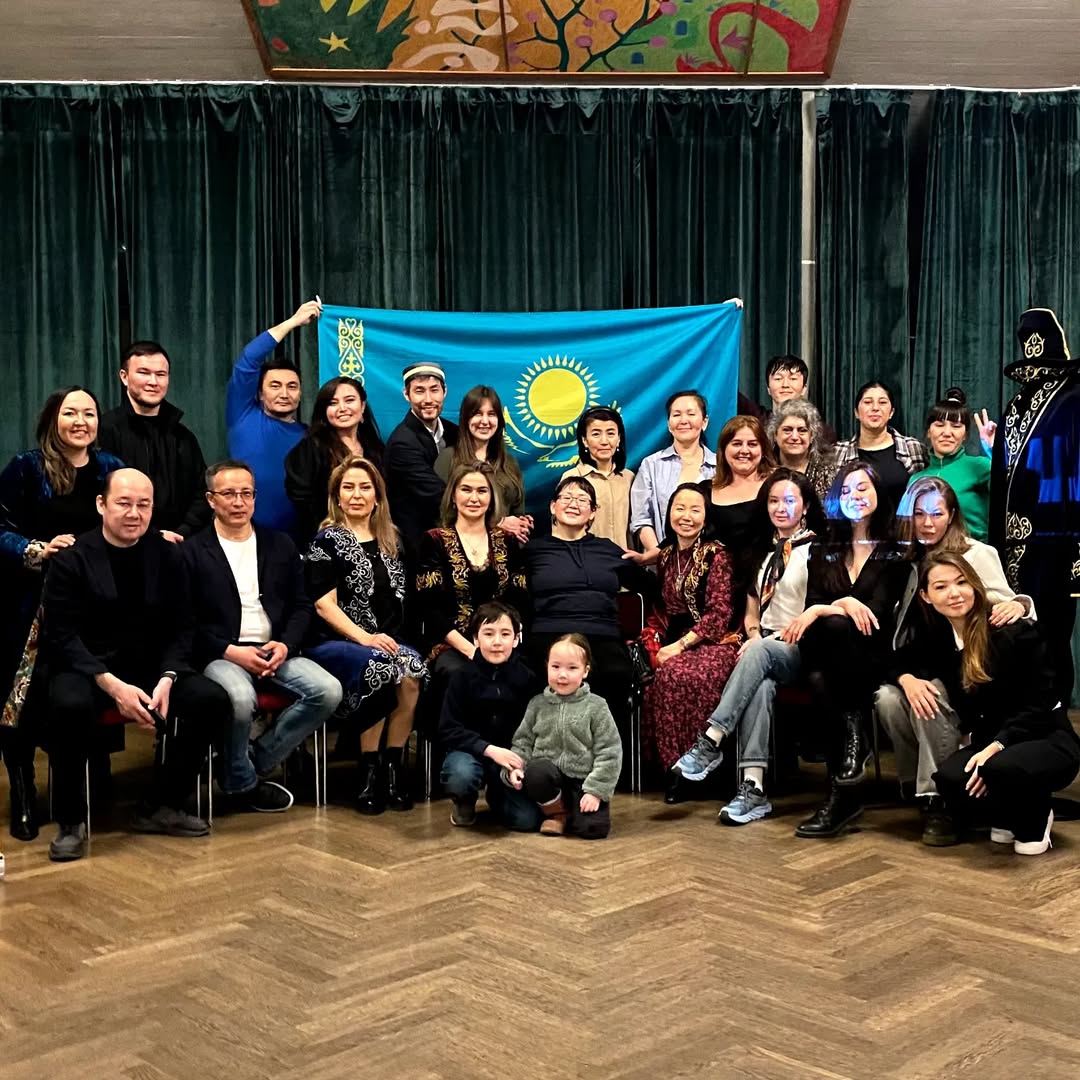
Spartak Zikrin — scientific programmer at Uppsala University and head of the "Dostar" Kazakhstan Association in Sweden.
— Spartak, let’s start with the big question: how did you end up in Sweden?
I was born in Almaty, but finished school in Kokshetau. In 2008, I graduated from Moscow State University with a degree in Mathematics. That same year, I started a PhD at Linköping University in Sweden. And that’s how it all began. One academic plan led to another, and here I am — 17 years later, still living in Sweden.
Honestly, moving here wasn’t that hard. The university helped with housing and getting settled. What hit me harder was the cultural contrast — especially in those first few years.
— What do you do now?
I work as a scientific programmer at the Biomedical Center at Uppsala University — the oldest university in Sweden. I’m proud to be part of that research environment.
Our team works on image analysis of bacterial cells, like E. coli. The goal is to predict bacterial resistance to antibiotics, which is critical for treating diseases like tuberculosis and sepsis. It might sound complicated, but at the end of the day, it’s about saving lives.

— Moving to another country changes a lot. How did it impact your sense of identity?
A lot. When you live far from home, you start rediscovering your traditions in a new way. I remember at Linköping University they had an annual international festival where students represented their countries. I walked in there for the first time with a Kazakh flag — and it hit me: this isn’t just about traditions, it’s a part of who I am.
— Today, you lead the “Dostar” association. How did that come about?
It started back in 2017 with support from the Kazakh Embassy. We launched as a youth group, but over time, we grew and evolved. In 2023, we rebranded as “Dostar,” which means “friends” in Kazakh. That name really sums us up: not just a club, but a community where people help and support each other.
We organize film festivals, art exhibitions, cooking nights with traditional Kazakh food. We also run seminars on “life in Sweden” — covering everything from dealing with bureaucracy to social adaptation. One of our upcoming projects is a Kazakh dance circle for kids. The idea is simple: we don’t want culture to live only in memories. We want it alive — in our kids’ dance steps too.

— Which event stands out the most for you?
Definitely Nauryz. Our last celebration broke all records — we had about 120 people. The vibe was amazing! Kazakh songs, dombyra, kobyz… Even Dimash’s fan club joined in — they sang a Swedish song in Kazakh and read Abai’s poetry in Swedish. Imagine this: three languages in one room, people singing, smiling. That’s what makes it all worth it.
— Do Swedes take part in your events?
Absolutely! We always invite colleagues and friends. They show up curious: “So this is Kazakhstan!” Some even start planning trips after our events. I remember one of our very first gatherings was all about Kazakhstan’s nature. We showed photos of Charyn Canyon and Kolsai Lakes. Swedes were blown away. Honestly, even I thought, “I need to see this again myself!” (laughs)

— Do you work with other Kazakh organizations in Sweden?
Yes. There’s the Abai Society in Stockholm — we teamed up recently to host a free public screening of Eldar Yessendir’s film Abel. There’s also a Kazakh community in Västerås, mostly Kazakhs from Turkey. They invite us to their celebrations, and we invite them to ours. Last year’s Nauryz and our film festival were great examples of that.
— Which traditions do you keep at home?
We’re an international family — my wife, Sanna, is Swedish. But Kazakh culture is always with us. We celebrate Nauryz and cook traditional dishes, especially manty. Back when I was a student, I even brought a special steamer from Kazakhstan just for manty. Friends would travel from other cities for them! Later, I taught my wife, and now it’s our family tradition. Recently, we even did a manty-making workshop for Uppsala University students. It was a lot of fun!
— What’s the next step for you?
I want “Dostar” to keep growing so more people can experience our culture. I recently took part in the JAS QAZAQ summer camp and was amazed by how talented these kids in the diaspora are — they speak the language, they know the traditions. That gives me hope that our culture won’t fade away. We’re planning to work more closely with the Otandastar Foundation and other organizations. I’m sure we can achieve a lot together.
P.S. The “Dostar” association welcomes anyone who wants to experience Kazakh culture. Follow our announcements and join our events — we promise a warm, welcoming atmosphere!
Interviewed by: Janel Karzhaubay